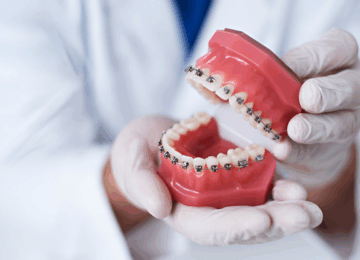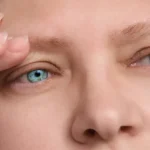You may have heard of tetanus, a disease causing a person to have muscle stiffness marked by muscle rigidity in the jaw and is caused by bacteria called Clostridium tetani. Though, have you ever heard of tetany? These two words may seem the same and possibly be regarded as the same subject but it is in fact not. You will know more about tetany throughout this article and you can always ask a doctor if you are not sure if it is a tetanus or a tetany.
Tetany is defined as a disease characterised by involuntary muscle contraction. This condition is usually caused by the disturbance of the electrolyte in the body especially among those with low blood calcium level (hypocalcaemia). Aside from the hypocalcaemia condition, tetany may happen among those with low blood potassium level (hypokalaemia) or low blood magnesium level (hypomagnesemia). This low level of electrolytes either standalone or in combination with the disturbed blood acid-base pH balance, causes imbalance to the body metabolism which then contributes to the muscle abnormal movement and over-stimulated nerve. While most cases of tetany are not life threatening, some severe cases may actually lead to muscle breakdown (rhabdomyolysis) that could be fatal.
Hence, it is essential to know signs of tetany. By spotting the signs, a person can decide to either get medical care urgently and avoid the possible life-threatening episode. Signs of tetany includes:
1- Feeling numbness around the mouth
2- Sudden painful muscle cramps
3- Abnormal sensation of the limbs (paraesthesia)
4- Breathing difficulty caused by spasm of the voice box (laryngospasm) or spasm of the muscle of the airway muscle (bronchospasm)
5- Vomiting
6- Seizures
7- Irregular heart rhythm (arrhythmia) caused by the abnormal heart muscle function
Since the sign of a tetany is not so obvious and specific, it is essential for a person to immediately get medical advice. A healthcare professional will do further assessment of the nerve through a neurological examination to help get a clear picture of the cause of the tetany. Blood tests are usually done to confirm which electrolyte is causing such a condition. This aids the healthcare authority to provide the right treatment in accordance with the respective electrolyte imbalance.
Treatment usually requires urgent electrolyte imbalance fixes through electrolyte replacement. It is done by a procedure called intravenous (IV) which means giving the medicines through a needle or tube inserted to the vein. This helps to correct the imbalance faster and effectively. IV is indicated in severe cases. In mild cases, supplementation of calcium, vitamin D or magnesium through pills or tablets help to restore the electrolyte abnormalities. When a patient is stable, healthcare professionals may run other examinations and ask more questions to find out what are the exact reasons behind the tetany episode. Among medical conditions that are usually associated with tetany are severe diarrhoea, kidney disease, thyroid problems, pancreas abnormality, pregnancy or breastfeeding mothers and malnutrition.
Those with medical conditions at risk for tetany may not be able avoid future tetany episodes but the best way to manage this condition is to get regular health screening and by being disciplined towards medications given. If you already had a tetany episode, taking calcium supplement does not guarantee episodes free from tetany. In conclusion, tetany itself is a symptom and not a disease. To treat a tetany is to make sure the right electrolyte imbalance is fixed. Speaking to a doctor is advisable if a person experiences signs of tetany as it could be a sign of a much serious underlying medical condition needing urgent medical attention. Get Vaccinated.











